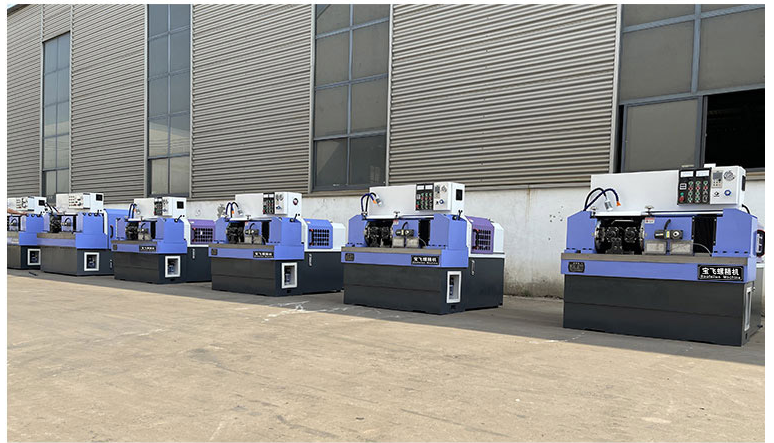
-
 Afrikaans
Afrikaans -
 Albanian
Albanian -
 Amharic
Amharic -
 Arabic
Arabic -
 Armenian
Armenian -
 Azerbaijani
Azerbaijani -
 Basque
Basque -
 Belarusian
Belarusian -
 Bengali
Bengali -
 Bosnian
Bosnian -
 Bulgarian
Bulgarian -
 Catalan
Catalan -
 Cebuano
Cebuano -
 Corsican
Corsican -
 Croatian
Croatian -
 Czech
Czech -
 Danish
Danish -
 Dutch
Dutch -
 English
English -
 Esperanto
Esperanto -
 Estonian
Estonian -
 Finnish
Finnish -
 French
French -
 Frisian
Frisian -
 Galician
Galician -
 Georgian
Georgian -
 German
German -
 Greek
Greek -
 Gujarati
Gujarati -
 Haitian Creole
Haitian Creole -
 hausa
hausa -
 hawaiian
hawaiian -
 Hebrew
Hebrew -
 Hindi
Hindi -
 Miao
Miao -
 Hungarian
Hungarian -
 Icelandic
Icelandic -
 igbo
igbo -
 Indonesian
Indonesian -
 irish
irish -
 Italian
Italian -
 Japanese
Japanese -
 Javanese
Javanese -
 Kannada
Kannada -
 kazakh
kazakh -
 Khmer
Khmer -
 Rwandese
Rwandese -
 Korean
Korean -
 Kurdish
Kurdish -
 Kyrgyz
Kyrgyz -
 Lao
Lao -
 Latin
Latin -
 Latvian
Latvian -
 Lithuanian
Lithuanian -
 Luxembourgish
Luxembourgish -
 Macedonian
Macedonian -
 Malgashi
Malgashi -
 Malay
Malay -
 Malayalam
Malayalam -
 Maltese
Maltese -
 Maori
Maori -
 Marathi
Marathi -
 Mongolian
Mongolian -
 Myanmar
Myanmar -
 Nepali
Nepali -
 Norwegian
Norwegian -
 Norwegian
Norwegian -
 Occitan
Occitan -
 Pashto
Pashto -
 Persian
Persian -
 Polish
Polish -
 Portuguese
Portuguese -
 Punjabi
Punjabi -
 Romanian
Romanian -
 Russian
Russian -
 Samoan
Samoan -
 Scottish Gaelic
Scottish Gaelic -
 Serbian
Serbian -
 Sesotho
Sesotho -
 Shona
Shona -
 Sindhi
Sindhi -
 Sinhala
Sinhala -
 Slovak
Slovak -
 Slovenian
Slovenian -
 Somali
Somali -
 Spanish
Spanish -
 Sundanese
Sundanese -
 Swahili
Swahili -
 Swedish
Swedish -
 Tagalog
Tagalog -
 Tajik
Tajik -
 Tamil
Tamil -
 Tatar
Tatar -
 Telugu
Telugu -
 Thai
Thai -
 Turkish
Turkish -
 Turkmen
Turkmen -
 Ukrainian
Ukrainian -
 Urdu
Urdu -
 Uighur
Uighur -
 Uzbek
Uzbek -
 Vietnamese
Vietnamese -
 Welsh
Welsh -
 Bantu
Bantu -
 Yiddish
Yiddish -
 Yoruba
Yoruba -
 Zulu
Zulu
Innovative Designs and Applications of Screw Rolling Machine Products for Enhanced Manufacturing
The Evolution and Importance of Screw Rolling Machines in Modern Manufacturing
In the ever-evolving landscape of manufacturing, the screw rolling machine plays a pivotal role in the production of screws and various threaded components. As industries continue to demand higher precision, efficiency, and customization, these machines have adapted, employing innovative technologies to meet modern requirements.
Screw rolling machines, also known as thread rolling machines, utilize a unique process to create threads on cylindrical parts, typically from a blank piece of metal. Unlike traditional machining processes, which remove material to form threads, screw rolling is a cold forming process that displaces material. This method not only increases the strength of the screws but also enhances their surface finish, making them more durable and corrosion-resistant.
Advantages of Screw Rolling Machines
1. Enhanced Strength One of the most significant advantages of the screw rolling process is the increased tensile strength of the produced screws. The cold rolling technique alters the grain structure of the metal, resulting in a denser and more robust material. This characteristic is particularly crucial for components used in high-stress applications like aerospace, automotive, and construction.
2. Cost Efficiency While the initial investment in a screw rolling machine might be substantial, the long-term savings are considerable. The process is faster than traditional machining, reducing production time and labor costs. Additionally, because there is minimal material waste during the rolling process, companies can see a noticeable decrease in raw material expenses.
3. Precision and Customization Modern screw rolling machines are equipped with advanced technology, including CNC capabilities, allowing for high precision and the ability to customize products. This flexibility enables manufacturers to produce a variety of screw types and sizes, accommodating diverse industry needs without compromising on quality.
screw rolling machine products

4. Environmental Impact In today's eco-conscious landscape, the environmental benefits of screw rolling cannot be overlooked. The process generates less waste and consumes less energy compared to traditional machining methods. As a result, many manufacturers are turning to screw rolling machines as part of their sustainability initiatives.
Applications Across Industries
The versatility of screw rolling machines means they are utilized across a myriad of industries. In the automotive sector, rolled screws are indispensable for assembling vehicles, ensuring they can withstand harsh environments and operational stresses. In electronics, precision screws made through this process are used in appliances and devices, ensuring long-lasting performance.
Industrial machinery and equipment also benefit from screw rolling technology. The screws produced are essential for the functionality of various machines, contributing to their reliability and efficiency. Furthermore, in the construction industry, rolled screws are used extensively in structural applications, providing essential support and stability.
Conclusion
As we look to the future, the importance of screw rolling machines in manufacturing cannot be overstated. Their ability to produce strong, precise, and cost-effective screws is vital to meeting the growing demands of various industries. The continuous advancements in technology will likely enhance their capabilities even further, making screw rolling an indispensable process in the realm of modern manufacturing.
In summary, screw rolling machines represent a significant technological advancement in the production of screws and threaded components. By providing a faster, stronger, and more environmentally friendly alternative to traditional machining, they are not only meeting the needs of today’s industries but are also paving the way for a more sustainable manufacturing future.
